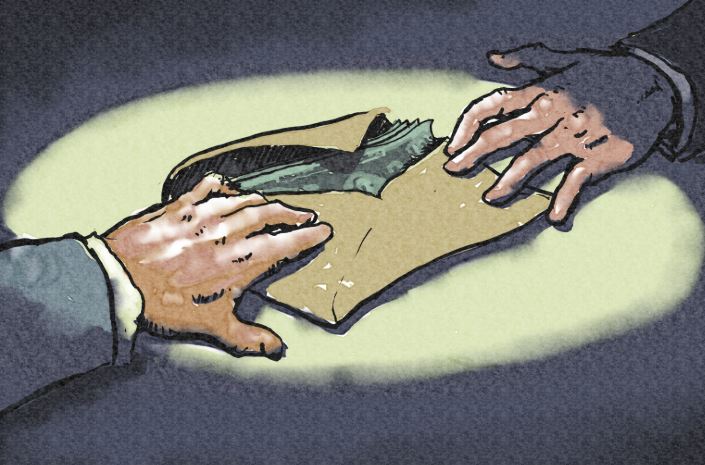×
The Standard e-Paper
Fearless, Trusted News

There's an unwritten rule to being young, that the first thing you must do every morning when you come alive is to check your phone. This shows how our phones have become an inextricable component of our youthful lives.